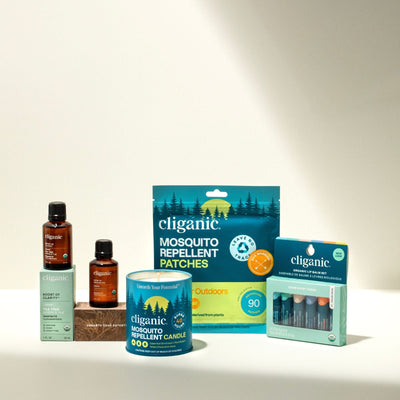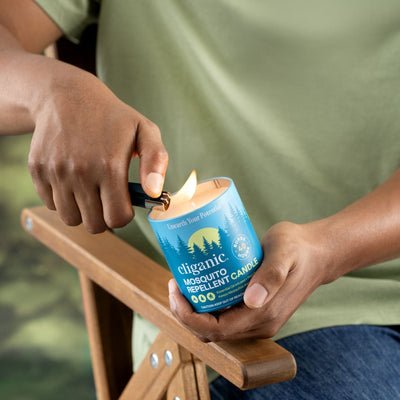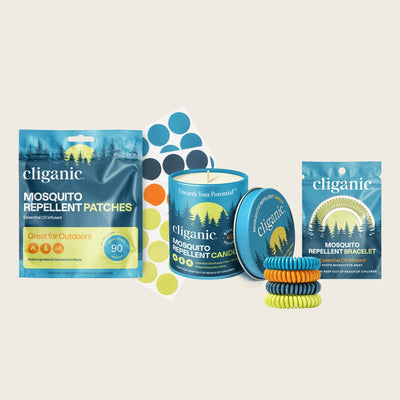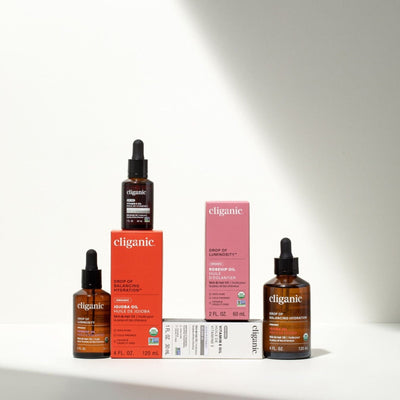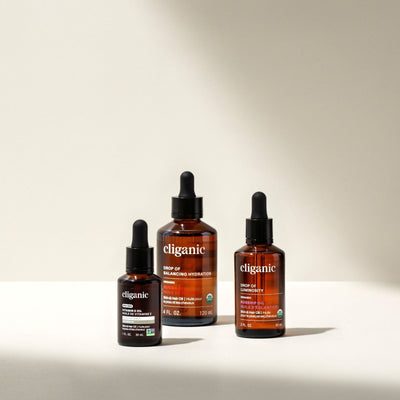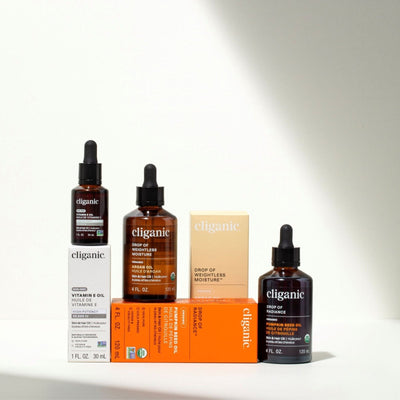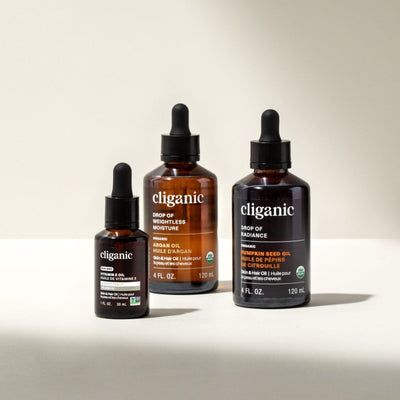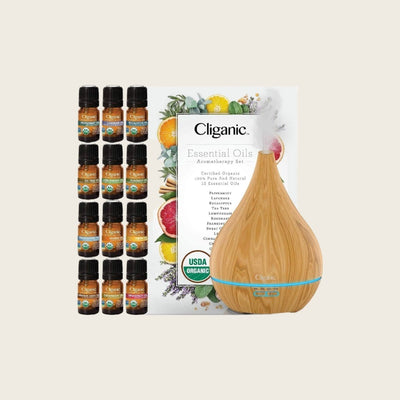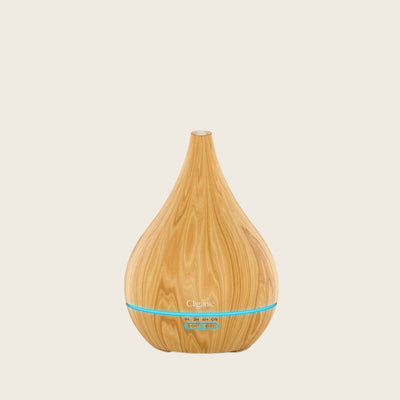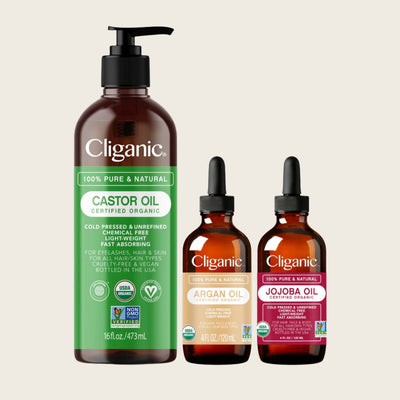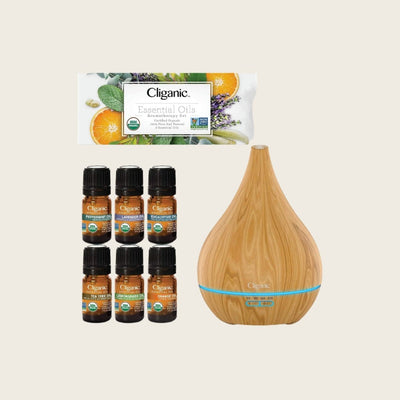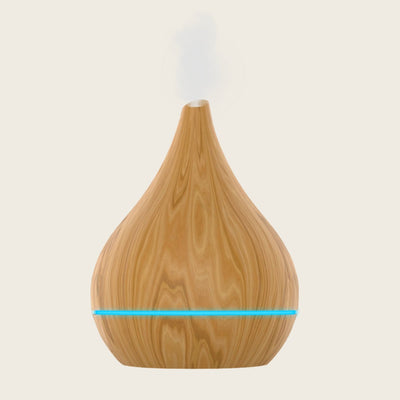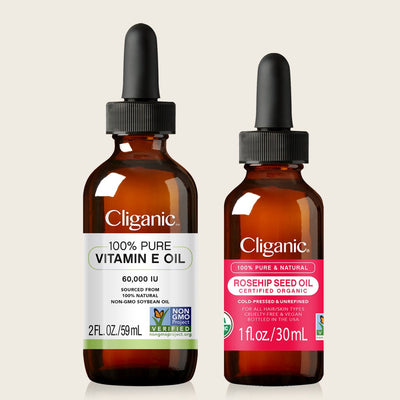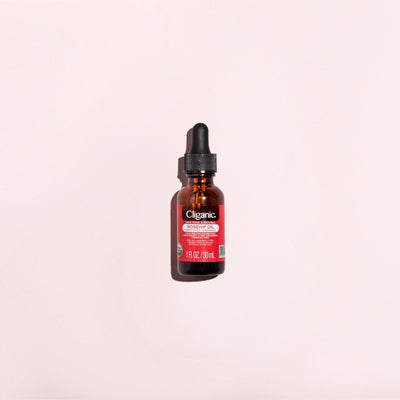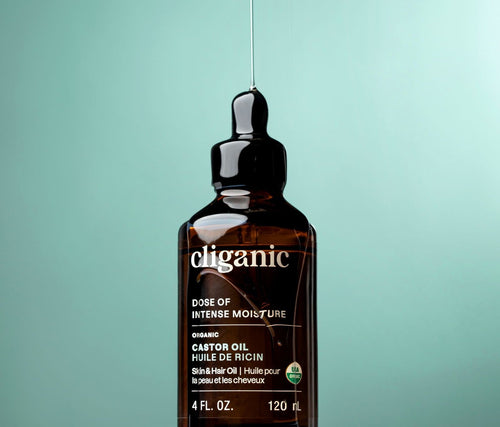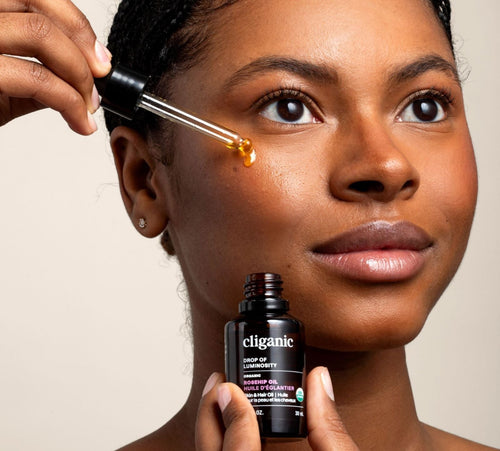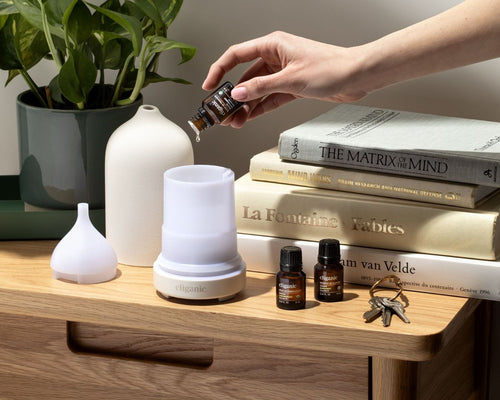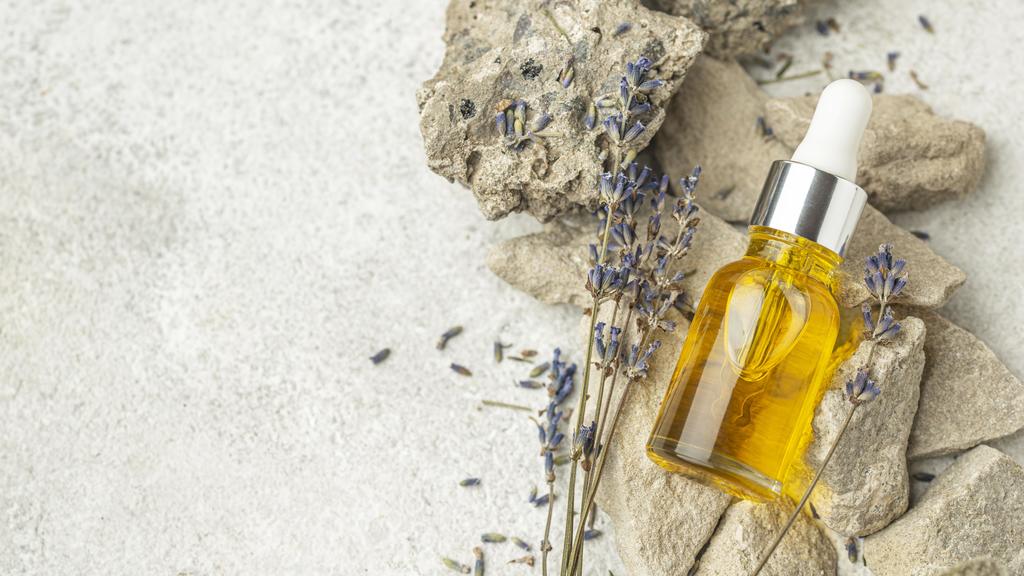
Aromatherapy: Do Essential Oils Really Work?
Aromatherapy is a popular holistic practice that uses essential oils to improve physical and mental well-being. But do essential oils really work? Let's take a closer look at the science behind essential oils and the benefits they can offer.
What Is Aromatherapy?
Aromatherapy is the practice of using essential oils to promote physical and psychological well-being. Essential oils are concentrated extracts from plants that contain the plant's fragrance or 'essence'. Essential oils are typically extracted through steam distillation or cold-pressing and are 100% natural and pure. Aromatherapy has been used for centuries for its purported health benefits.
The science behind aromatherapy is that essential oils can be absorbed through the skin directly or through the air and into the bloodstream, where they can then interact with the body’s nervous system. This interaction can result in a variety of benefits, including relaxation, improved mood, and reduced stress levels.
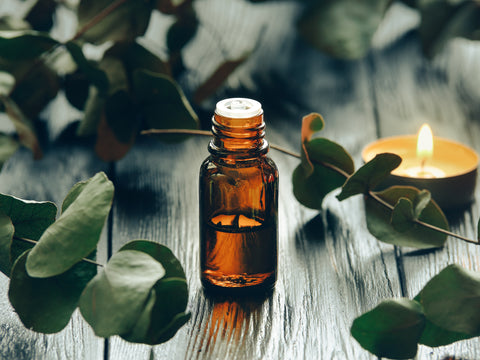
Do Essential Oils Really Work?
The use of essential oils dates back thousands of years. The Egyptians were some of the first to use them in skin and hair care rituals, and they have been mainstays in both ancient Ayurvedic and Chinese medicine. Today you’ll find them in everything from body care products to candles and perfumes, and there is a growing body of scientific evidence to support their efficacy.
For example, one study found that lavender oil may help reduce anxiety and improve sleep quality in people who are undergoing chemotherapy. Another study found that peppermint oil may help relieve nausea and vomiting after surgery. Additionally, essential oils have also been shown to be effective in treating various skin conditions, such as acne.
Along with aiding in relaxation, relieving nausea, and preventing breakouts essential oils have also been shown to boost energy levels, promote concentration, repel insects, and facilitate wound healing.
One of the best things about essential oils is that they are pure and contain no harsh chemicals, making them a great alternative to many conventional products on the market. Each essential oil comes with its own set of benefits, so be sure to do some research to figure out which essential oil is best for your needs. Some of the most popular essential oils include lavender oil, peppermint oil, eucalyptus oil, and lemon oil.

How Do You Use Essential Oils?
There are many different ways to use essential oils, including diffusing them into the air, inhaling them through steam inhalation, or applying them topically to the skin with a carrier oil. You can also add essential oils to lotions and shampoos for additional benefits. It is important to choose a high-quality essential oil and to follow the instructions on how to use it safely.
Cliganic essential oils are 100% pure, USDA Certified Organic, cruelty-free, free of chemicals, parabens, SLS or other artificial ingredients, and third-party tested, so you know you're getting a trusted product.
There are some potential risks associated with using essential oils. These risks include skin irritation, allergic reactions, and breathing difficulties. Some essential oils can also interact with medications. It is important to talk with a healthcare provider before using essential oils if you have any concerns.
Essential oils should only be applied topically with a carrier oil and never ingested. Pregnant women or those with certain medical conditions should be cautious when using essential oils. Be sure to consult with a qualified aromatherapist before using essential oils to ensure safety and proper use. For more information on essential oil safety, take a look at this article.
Final Thoughts
Essential oils are powerful plant extracts that can benefit the mind, body, and spirit in a number of ways when used safely and properly. Now that you know they actually work you can try using them yourself! Check out this article to get started: Top Essential Oils for Every Skin Type.


